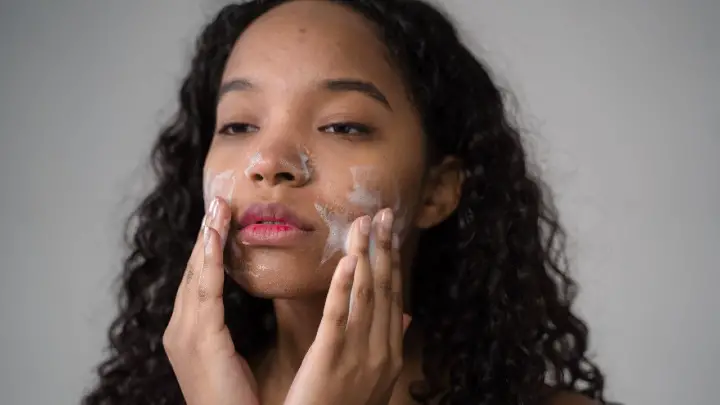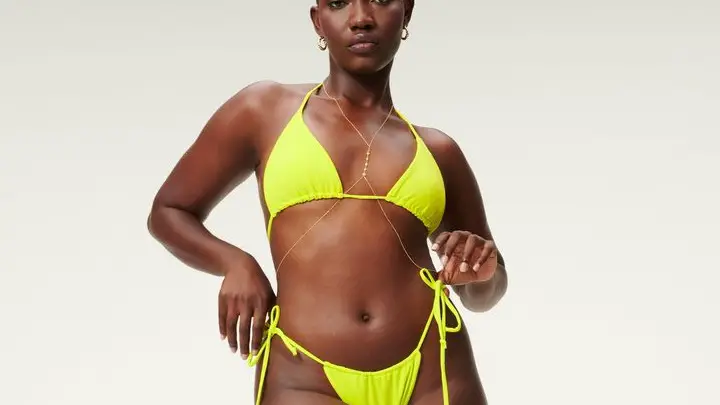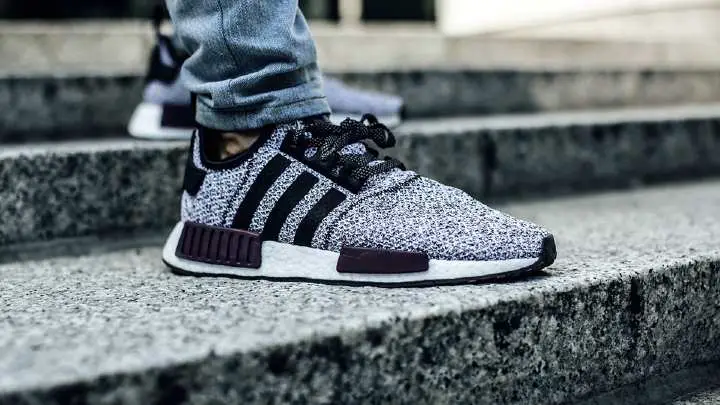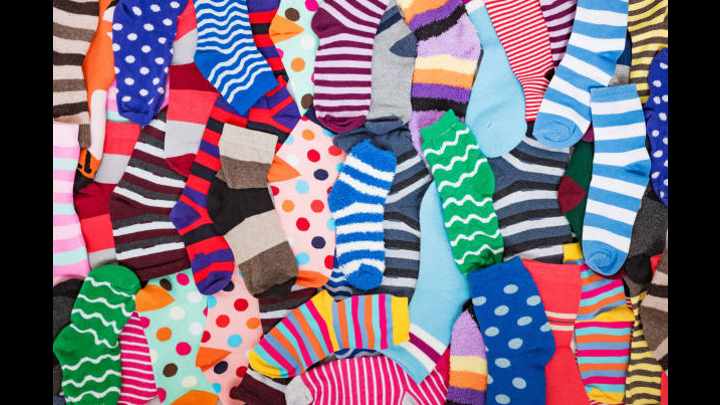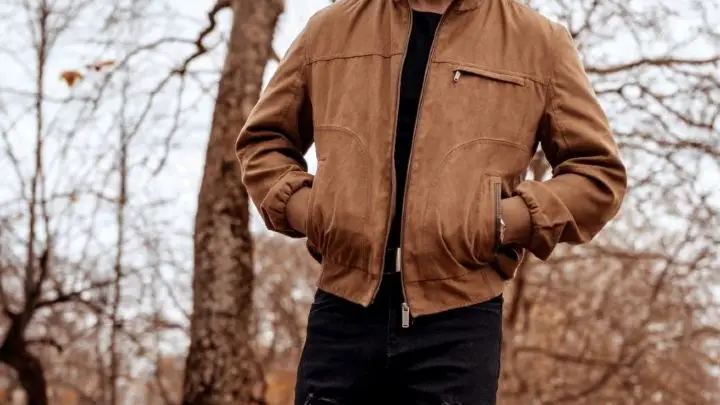You must have seen or heard about Retinol at one point or the other, however, you might not know fully what it is. The component is a vitamin A derivative that is famous in the skincare market for the incredible aging remedies it does to the skin. Now you ask ‘what does retinol do?’
Retinol is an anti-aging ingredient that enhances collagen production in the middle layer of the skin; to tackle aging signs and other skin issues in the skin. It is your go-to anti-aging ingredient to use to prevent or reduce aging signs on your skin, such as wrinkles and fine lines.
It can as well help to treat acne. According to Marisa Garshick, M.D., a New York City dermatologist, Retinol helps to clear acne and acne scars by regulating turnover in the skin cell.
This article contains all you need to know about the function of using retinol. Read ahead to discover answers to more relevant questions concerning what the concentrated component does for the skin.
What Does Retinol Do to the Skin?
Retinol does not only help to defy age, it also helps to treat other skin issues, such as photoaging, hyperpigmentation, and so on.
According to Amanda von dem Hagen– a licensed esthetician says that retinol is the star ingredient in anti-aging skincare products as it enhances collagen production in the skin.
This helps to smoothen and improve skin texture, as well as keep the skin ageless and radiant. Listed below are the three major benefits of using retinol on your skin.
1. It Helps to Treat Acne and Reduce Breakouts
Aside from using it for anti-aging purposes, retinol is commonly used as a treatment for acne. If your acne is proving stubborn, try using retinol on it.
It also helps to regulate oil production in the skin, thereby, reducing breakouts on the face. The component also helps to defend the body against the bacteria that causes acne on the skin.
It does this by unclogging pores in the skin, which automatically allows the skincare products to penetrate the skin.
2. Tackles Aging Signs
The use of retinol on aging skin will help to enhance the production of collagen, and elastin in the blood vessels. This will help to firm up the body, and this will assist in reducing the appearance of aging on your skin.
Wrinkles and fine lines are a result of aging, however, using the component on your skin will help to stop fine lines from forming. It will also help to reduce existing aging signs on the body.
3. Improve Skin Tone
I bet you didn’t know that this anti-aging ingredient also helps to even out your skin tone. Retinol helps to enhance new skin cell turnover by naturally exfoliating.
Old dull-looking dry skin will become brighter and evenly toned skin, as it sloughs off dead skin cells from the surface of the skin to travel fresh ones.
When Should You Start Using Retinol?
The best time to start using it on your skin is in your early 20s. Early incorporation of retinol in your skincare routine will help to prevent the formation of aging signs on your skin. This will help to prevent early aging caused by sun damage.
However, it’s never too late to begin using retinol on your skin. Even as an adult, it will help to keep your skin fresh by eliminating aging signs such as fine lines, wrinkles, and crow feet. Using retinol on your skin will help to keep your skin flawless and ageless.
SEE: How to Use Retinol Serum Effectively for Glowing Skin
When Should You Use Retinol in Your Skincare Routine?
You can use your retinol in either your morning or evening skincare routine. However, the best time to use it on your skin is at night.
The reason for this is that the body works to repair itself overnight, using it in your evening routine allows the ingredients to work in your body to repair your skin.
Aside from that, it is known to make the body more photosensitive; this makes your body prone to sun damage. Additionally, the sun neutralizes retinol when your body is exposed to the sun; making it a waste on the body.
Always ensure that you apply a broad-spectrum sunscreen as a layer of protection on your skin to protect it from sunburn and ultraviolet radiation damage. Ensure that you do this every day before going outdoors, even if you do not use it in your morning skincare routine.
How Long Does It Take Retinol to Work?
With frequent usage of retinol, you should begin to see results from the fourth week of using it. Depending on the skin issue you are using it to treat, it could take a shorter period than that and it could take longer.
Consistency is the key to seeing better skin improvements quickly. Going on and off with the product might not show any tangible effect on the skin. Ensure that you go all in when you begin to use your specially formulated serum; this way the product works effectively to give you ageless skin.
After about 12 weeks of using your retinol serum, you will see major skin improvements such as a reduction in the appearance of wrinkles and fine lines, aging spots, and even acne breakouts.
SEE: Retinol For Dark Skin: Is It Safe? [Expert Guide]
How Do You Know if Retinol Is Working?
Retinol is a magic ingredient that tackles major aging signs in the body, and it has also been proven to work to treat acne and reduce acne scars. It also works to reduce brown spots and photoaging.
After using the product on your skin for a couple of weeks, you should begin to notice these skin improvements on your skin.
If there is a reduction in the rate of breakouts on your face, or if there is reduced visibility of wrinkles and fine lines on your skin, then your retinol is working just fine.
It is quite easy for you to see the difference between how your skin was when compared to after using retinol on it.
How Often Should You Use Retinol on Your Skin?
As you begin to use it on your skin, only apply it once or twice weekly. This will help to get your skin familiar with the ingredient. Building your skin’s tolerance to the use of retinol is important, as it is capable of irritating the skin.
It usually takes the skin about 3 weeks to get accustomed to the use of the ingredient. As time goes on, you can increase your frequency of usage by adding one more night every month. That is, after each month, you increase the usage by one more day.
Keep doing this till you can build up enough skin tolerance to accommodate the daily usage of the ingredient.
SEE: Having It All With a Minimal Skincare Routine
What Are the Possible Side Effects of Using Retinol?
First-time retinol users may experience common side effects, such as dryness, redness, and peeling of the skin. Other factors, such as overusing retinol or using a highly concentrated product can trigger side effects, such as itchiness and rashes.
Those with sensitive skin should use the component on their skin with caution to avoid irritation. Some other rare side effects of retinol include:
- Enzymes
- Acne breakout
- Discoloration
- Swelling
- Stinging
SEE: Retinol Serum: The Holy Grail of Skincare Products
Frequently Asked Questions
Is retinol for the face only?
No, it isn’t. Asides from using retinol for your face, you can also apply it to other parts of your skin. Your neck shows more aging signs, therefore, do not neglect your neck when using it to treat aging signs.
Additionally, you can apply it to areas of your skin that are affected by the problems you want to use the product to address.
Can you use retinol under your eyes?
Yes, you can. Even though the skin under the eye is delicate and retinol is considered to be a very powerful ingredient, it can still be used on the delicate skin under your eyes.
However, to avoid irritating your skin, ensure that you do not use too much retinol around the delicate skin of your eyes.
Is it okay to use retinol while pregnant?
No, it isn‘t. Using retinol on your skin during pregnancy is unsafe, and you should contact your dermatologist or esthetician for help concerning using the component while pregnant; to discuss the risks of using it for your skin during pregnancy.
What does retinol do for acne?
Retinol helps to regulate oil production in the skin, thereby, reducing breakouts on the face. It also helps to defend the body against the bacteria that causes acne on the skin.
It does this by unclogging pores in the skin, and this automatically allows the skincare products to penetrate the skin.
What does retinol do for wrinkles?
The use of retinol on aging skin will help to enhance the production of collagen, and elastin in the blood vessels.
This helps to firm up the body, and this will assist in reducing the appearance of aging on your skin.
Conclusion
Retinol is an anti-aging ingredient that enhances collagen production in the middle layer of the skin; to tackle aging signs and other skin issues in the skin.
Additionally, the component is your go-to anti-aging ingredient to use to prevent or reduce aging signs on your skin, such as wrinkles and fine lines. It does not only help to defy age, it also helps to treat other skin issues, such as photoaging, hyperpigmentation, and so on.
However, it’s never too late to begin using it on your skin. Even as an adult, it will help to keep your skin fresh by eliminating aging signs such as fine lines, wrinkles, and crow feet. Using it on your skin will help to keep your skin flawless and ageless.
After about 12 weeks of using your retinol product, you will see major skin improvements, such as a reduction in the appearance of wrinkles and fine lines, as well as aging spots, and even acne breakouts.
Thanks for reading.
Visit Africana Fashion for more enlightening guides to help you discover the best skincare ingredient to use on your skin.
